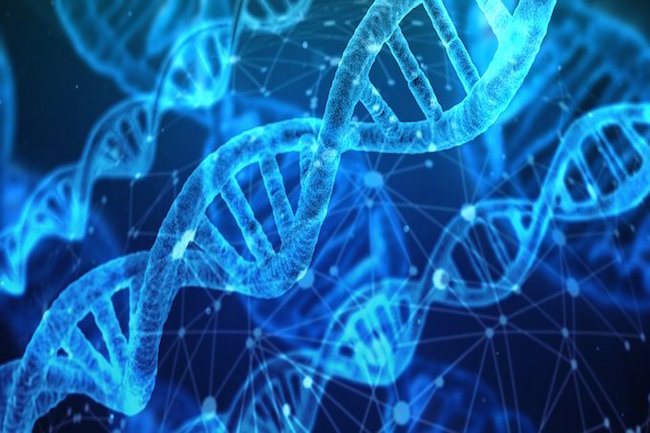First Human Injected with Controversial Genetically Modified Genes by for Natural Society
For the first time in history, a human has been injected with genes edited using the CRISPR-Cas9 method. [1]
The experiment took place on 28 October 2016, when a team of Chinese scientists, led by oncologist Lu You at Sichuan University in Chengdu, delivered the genetically modified (GM) cells into a patient with aggressive lung cancer as part of a clinical trial at the West China Hospital in Chengdu. [2]
To protect the patient’s privacy, the details of the trial have not been released; but Lu said the trial “went smoothly.”
CRISPR is a tool that allows scientists to edit genomes “with unprecedented precision, efficiency, and flexibility,” according to Gizmodo. Dr. Marco Herold, laboratory head of the CRISPR facility at the Walter and Eliza Hall Institute of Medical Research in Melbourne, Australia, explains it this way:
“The CRISPR technology relies on two components — an enzyme and a guide molecule. The guide molecule takes its enzyme to a gene which you want to modify, the enzyme cuts the gene, and then it can be repaired in many different ways. You can either change the function of the gene, take away the gene completely, or make the gene more active.”
Mad Science
The method is highly controversial. While CRISPR holds potential for new developments in medicine, agriculture, and other fields, there are deep concerns over the ethics of altering the human genome. For the Chinese trial, researchers had to gain approval from an ethics board at the West China Hospital. [1]
The cells involved in this particular trial are considered less of an ethical gray area because they won’t be passed down to offspring. But eventually, CRISPR could be used to edit embryo and sperm cells, which would usher in the age of “designer babies.” [3]

British researcher Kathy Niakin was given approval in February to edit human embryos, but only for basic research. The embryos will not be implanted, and must be destroyed after 14 days.




